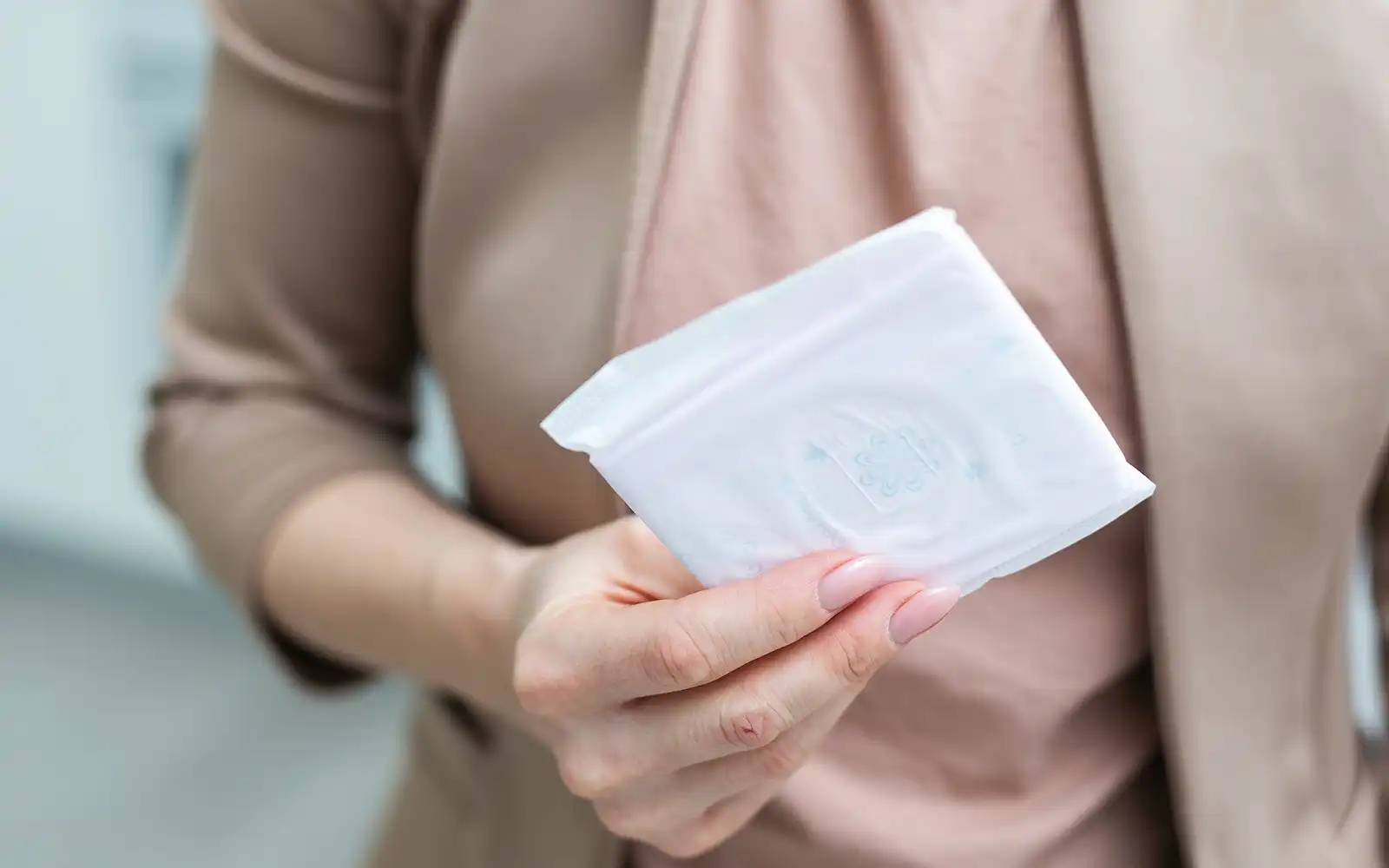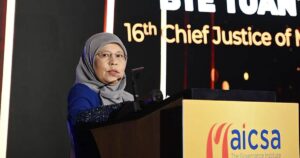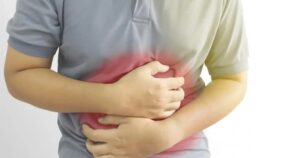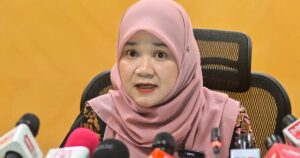
Period poverty in Malaysia goes beyond the affordability of menstrual products to matters such as social stigma as well, says a women’s health expert.
Obstetrician and gynaecologist Dr Hannah Nazri said menstruation was still associated with stigma and cultural taboos by many, especially in Malaysia.
To overcome this, she said Malaysia must confront the systemic challenges women face in accessing menstrual care, including inadequate education, social discrimination, and even misdiagnoses at health facilities.
“About 46% of girls in rural areas in Malaysia don’t have regular access to sanitary products,” she said, citing data from women’s rights NGO Peduli Merah.
“Some would even rather get pregnant than deal with menstruation due to the costs and stigma,” she added at the launch of Suhakam’s Period Poverty Report today.
Hannah, an academic clinical fellow at the University of Warwick, also highlighted the “gender pain gap”, saying women’s pain was often not taken seriously.
She called for greater attention to the intersection of period poverty with women’s issues like child marriage and female genital mutilation.
The Suhakam report, co-authored by K Sahanah and Sharifah Fatimah, framed menstrual health as a human rights issue, linking it to Malaysia’s constitutional guarantees of dignity, equality, and non-discrimination.
“Once menstrual health is recognised as a human right, it opens the door to framing policy around access, equity, and legal protections,” said Sahanah.
The report outlined six key barriers to menstrual health: financial hardship, poor sanitation, lack of privacy, inadequate education, undiagnosed health issues, and a lack of psychological support.
It drew on engagements with vulnerable communities such as the homeless, Orang Asli, and girls in rural Sabah and Sarawak.
The report made 14 recommendations, including calls for the free distribution of menstrual products at public schools, hospitals, and clinics; stronger national data collection and research on period poverty; age-appropriate sexual health education; and the consideration of menstrual leave at the workplace.
In her address, education minister Fadhlina Sidek described the report as timely and crucial.
“We can no longer minimise the importance of menstrual health education,” she said, adding that the ministry had already introduced initiatives to raise awareness on menstrual health in schools and communities.
She also urged researchers and advocates to continue gathering data and sharing lived experiences to push forward policy change.
“This report should not just sit on shelves. It should guide action across ministries and society,” she said.






